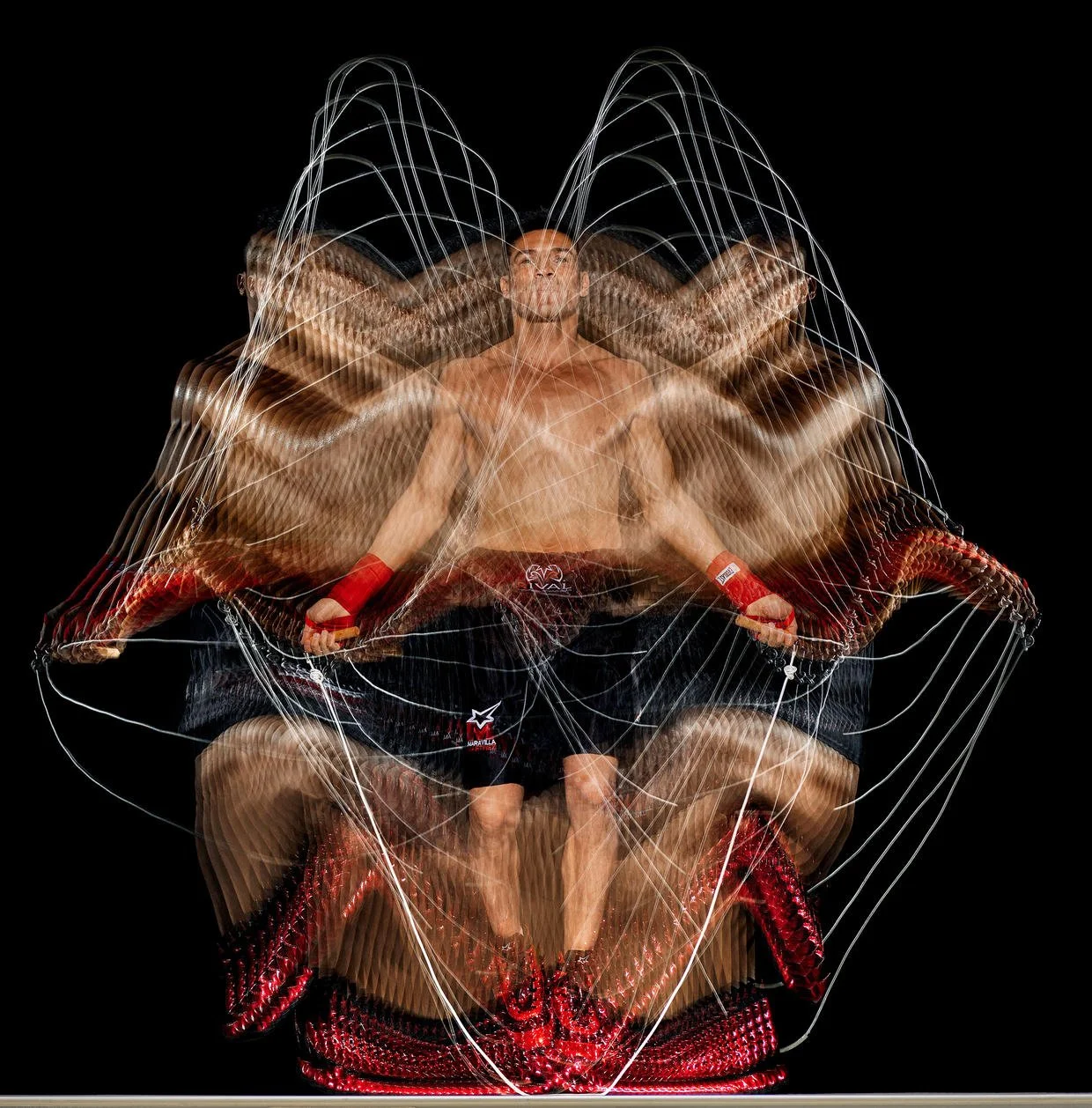Experienced athletes tend to do the warm-up routine. Experience has taught them that the cost of this insurance covers many times the risk of injury, after which recovery can take years. If you’re lucky enough to have a wise coach, he’ll remind you that the cool-down is just as much of a priority. It takes time for the body to switch from turbo to normal mode. Heart rate, body temperature, and respiratory rate need to drop smoothly. For example, for a biker, it is not as scary to fall off a motorcycle and slide across the asphalt as it is to encounter a stationary object along the way. The example is radical, but you get the idea - it’s bad for the body to start or brake too sharply.
In addition, I learned from a podcast by Stanford neuroscientist Andrew Huberman that immediately after training it is useful to sit with eyes closed for a few minutes to absorb new material. It turns out that the brain scrolls backward through recent experiences, which allows the new knowledge to fit in optimally. After all, the point of training is not in the training itself, that is, not in practicing techniques or sparring, but in the growth of the necessary skills. An injury sets the athlete back on the learning curve. Therefore, warming up and cool-down are insufficient, but necessary conditions for progress. Similarly, if the gut microflora is disrupted, no matter how much you eat, only crumbs will be digested. If a few minutes of “meditation” after training significantly increases the efficiency of training, then immediately running away from the tatami to the shower is, as they say, leaving money on the table.
All of this, of course, is applicable in business, although not as obvious, since here it is not a physiological but a mental process. There is often a temptation to take on a project immediately, especially if it is desirable, ambitious, or urgent. Or, having completed one project, to switch instantly to another, then a third, etc. Everyone knows about the risk of burnout, which is characteristic of passionate and responsible people. It is less common to notice the consequences of not “warming up” when the stage of fundamental questions is missed: “What problem are we trying to solve? How shall we think about it? Where are we aiming?” and others. Also, companies often neglect the "cool-down" and thus miss the chance to learn at least something from the experience. Not surprisingly, without reflection, organizational mistakes tend to recur. But instead of reflecting for a couple of hours after the project is over, the CEO complains about the lack of resources and rushes to investors to raise a new round.
How do you resist the temptation to skip all the important steps? For example, have an experienced coach, whose job is to keep you from slacking. Or, build processes in the company in such a way that no new project can start without a “warm-up” with answers to initial questions and a "cool-down" with analysis of the past project, no matter how bad or good it was.
Yours sincerely,
-Alexander
You can help Ukraine defend itself and the World from Russian aggression here.
”Who are you and what do you do?"
As a business therapist, I help tech founders quickly solve dilemmas at the intersection of business and personality, and boost company value as a result.
"I have an extremely important business decision to make. Can you help me?
Reserve a time on my calendar that is convenient for you to meet with me. We'll clarify your request and discuss options for how you can help.


